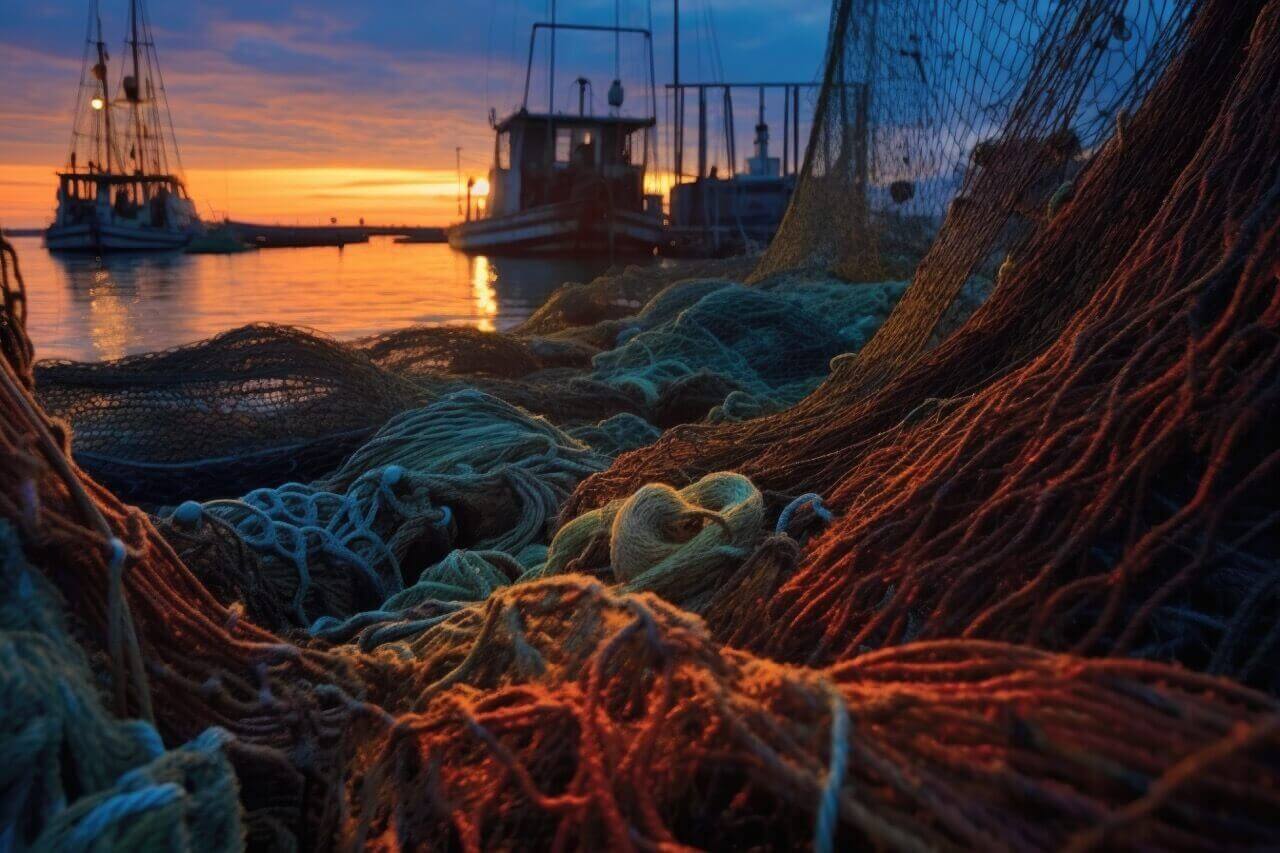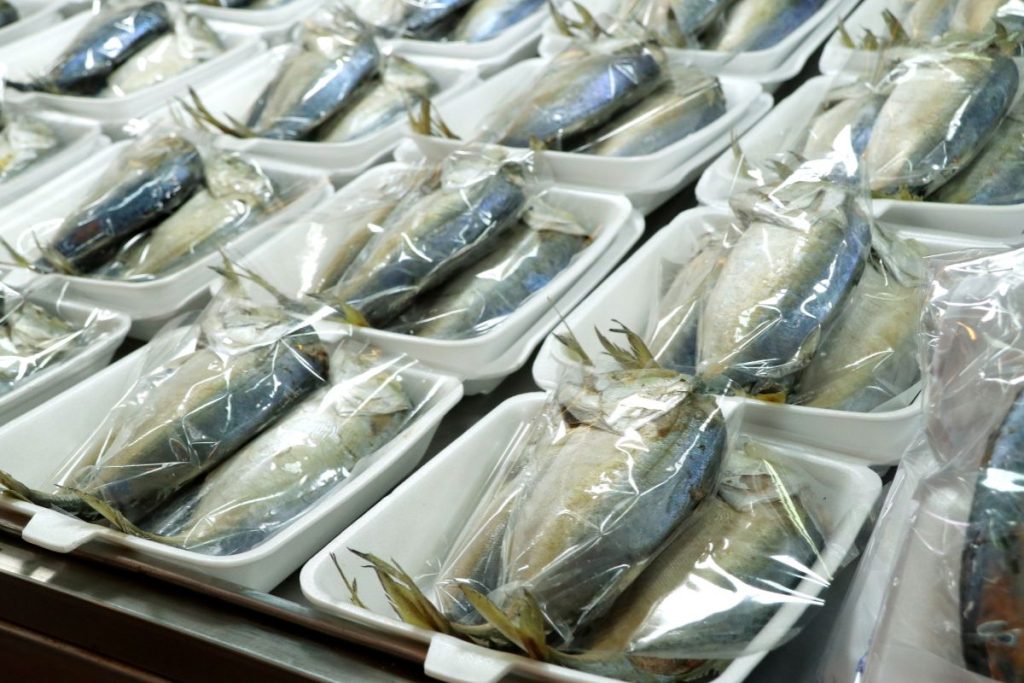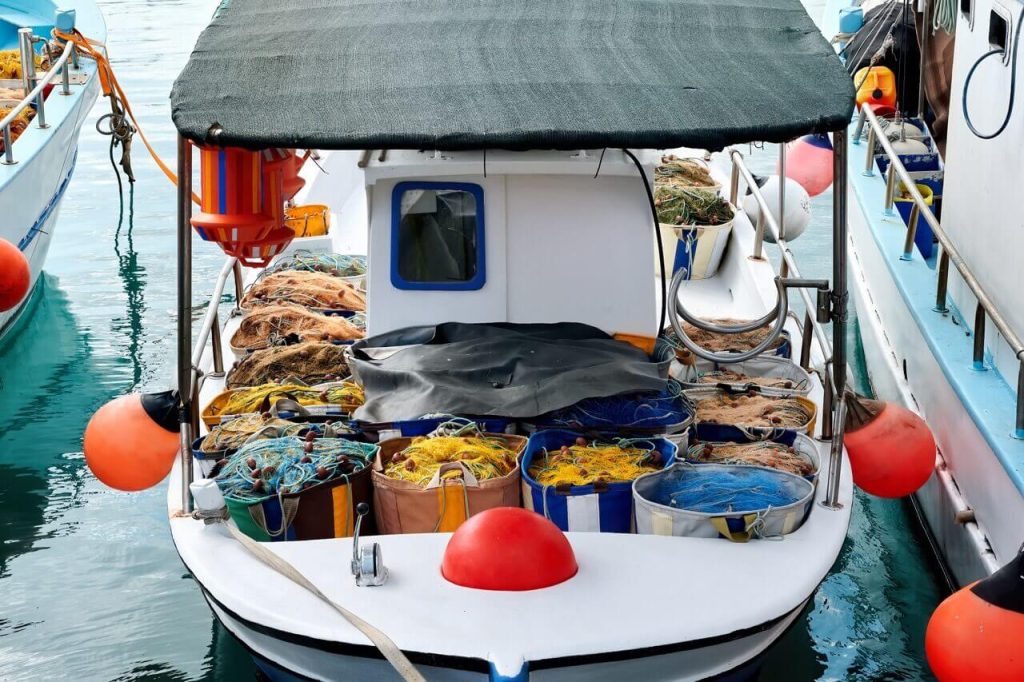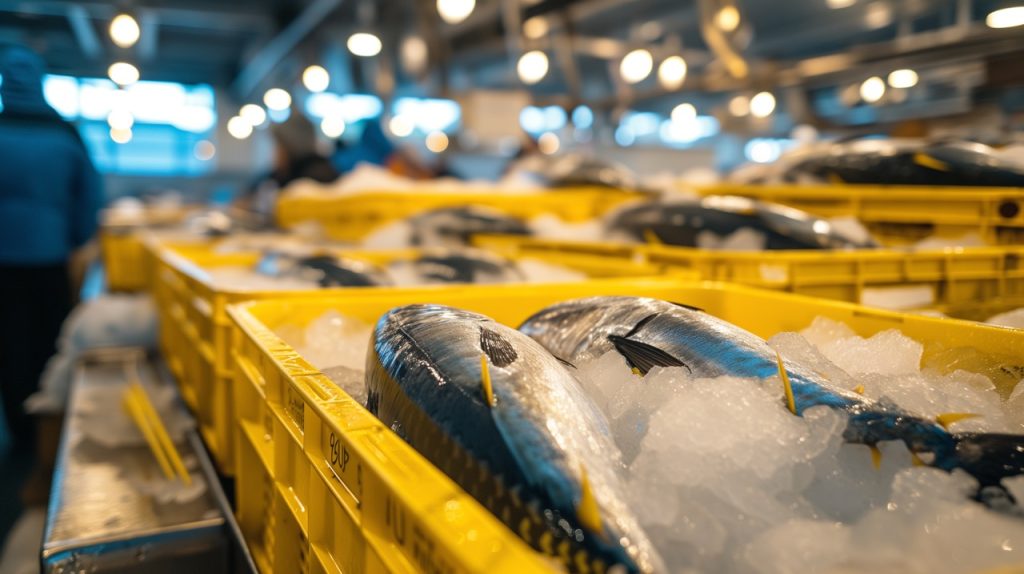Illegal fishing is a persistent global problem that poses a serious threat to food security, ocean sustainability, and marine biodiversity. In the case of Spain, a country with a significant fishing industry, it also raises economic concerns.
In this article, we will explain the implications and consequences of illegal fishing for the shellfish industry, what happens in the Argentine Sea, and how it impacts the environment.
What is Illegal Fishing?
Illegal fishing refers to the capture of fish and other marine resources in violation of the laws and regulations established by a country or a regional or international organization. This includes fishing without a license, exceeding catch limits, using prohibited fishing methods, or fishing in prohibited areas.
According to estimates by the WWF, between 11 and 26 million tons of fish are illegally caught worldwide each year, resulting in annual losses of between USD 10,000 and 23,500 million for the global economy.
Types of Illegal Fishing
Illegal fishing can take various forms and encompass a variety of illicit activities related to the capture of fish and other marine resources. Here are the most common types of illegal fishing:
- Fishing without a license: Engaging in fishing activities without obtaining the necessary permits or licenses according to local, national, or international regulations.
- Poaching: Capturing fish in areas where fishing is prohibited or during closed seasons when fishing activity is restricted to allow fish populations to recover.
- Capture of prohibited species: Fishing for protected or endangered species, often referred to as “bycatch of unwanted species.”
- Illegal fishing methods: Using unauthorized or prohibited fishing techniques, such as improper-sized mesh nets, dynamite, poison, or illegal traps to catch fish. This year, the United Coast Guard intercepted a boat and seized 200 pounds of illegal fish.
- Exceeding catch quotas: Capturing an amount of fish that exceeds the catch limits established by fishing regulations.
- Illegal, unreported, and unregulated (IUU) fishing: Not reporting or declaring catches, preventing proper monitoring and control of fishing activity.
- Destructive bottom trawling: Using bottom trawling fishing methods that damage the seabed and marine ecosystems, often considered unsustainable.
- Fishing in territorial waters without permission: Entering and fishing in a country’s territorial waters without proper authorization.
Consequences of Illegal Fishing for the Industry
Illegal fishing has several negative consequences for the fishing industry as a whole, as well as for coastal communities and the sustainability of marine resources. The main consequences include:
- Depletion of fish resources.
- Loss of income and employment for fishermen and fishing communities.
- Unfair and unequal competition in the fishing industry.
- Damage to the reputation of the entire fishing industry.
- Negative impact on marine biodiversity and ecosystems.
- Loss of tax revenue for governments.
- Legal fishermen feeling there are no incentives to comply with fishing regulations.
How to Prevent Illegal Fishing
To prevent illegal fishing and promote sustainable fishing, a comprehensive approach involving governments, international organizations, the fishing industry, fishermen, and consumers is required. Here are some key measures and strategies to prevent and combat illegal fishing:
- Implement effective regulations and laws: Establish and enforce robust fishing laws and regulations that address illegal fishing and its various forms.
- Enhance surveillance and regulation enforcement: This includes maritime patrols, satellite monitoring, vessel tracking technology, and imposing effective sanctions. A report from the United States International Trade Commission, states that nearly 11% of total U.S. seafood imports and over 13% of U.S. imports came from illegal and unregulated fishing in the year 2019.
- Promote international cooperation: Collaborate with other countries to address illegal fishing in shared waters or in the high seas and participate in international agreements and treaties to combat illegal fishing.
- Promote transparency and traceability: Require proper documentation for the trade of fishery products and encourage traceability of fishery products to track their origin and ensure they come from legal sources.
- Encourage responsible fishing: Educate and train fishermen in sustainable fishing practices and compliance with regulations.
- Involve the fishing industry: Promote self-regulation and voluntary adherence to sustainability standards by the fishing industry.
- Raise awareness and education: Raise awareness among consumers about the importance of choosing sustainable fishery products and the responsible fishing label, and educate the population about the problems associated with illegal fishing and its impact on oceans.
- Support coastal communities: Provide economic alternatives and employment opportunities to fishing communities to reduce pressure on marine resources and involve them in decision-making.
Illegal Fishing in the Argentine Sea
One of the most well-known cases of illegal fishing in the world is in Argentina. The issue lies in the constant presence of foreign fishing fleets that enter Argentine waters without authorization to capture high-value commercial marine resources such as squid and shrimp, among others.
These vessels operate outside the regulations and catch limits established by Argentina, undermining its efforts to manage and conserve its fishery resources sustainably. This illegal activity has a significant economic impact, reducing the income that the country could obtain from legal fishing, harming both the fishing industry and the coastal communities that depend on it.
To address this, Argentina has implemented control measures such as maritime surveillance, international cooperation, and satellite monitoring technology in an effort to combat illegal fishing and protect its marine resources.
How Does Illegal Fishing Affect the Environment?
As mentioned earlier, illegal fishing has a significant and negative impact on the environment. For example, it leads to the overexploitation of resources, the capture of unwanted or protected species, damage to the seabed and marine habitats, disruption of the marine food chain, and even harm to fish reproduction and migration.
In conclusion, protecting our oceans and the sustainability of our fishery resources are essential for present and future generations. Therefore, through international cooperation, effective implementation of regulations, and public awareness, we must curb illegal fishing and build a future where the oceans remain a source of life, food, and economic opportunities.
Bibliographic Sources
– World Wildlife Fund. (n.d.). Illegal, Unreported, and Unregulated Fishing Causes and Effects. Retrieved from https://www.worldwildlife.org/threats/illegal-fishing.
– United States Coast Guard News. (2023). Coast Guard interdicts lancha, seizes 200 pounds of illegal fish off Texas coast. Retrieved from https://www.news.uscg.mil/Press-Releases/Article/3544303/coast-guard-interdicts-lancha-seizes-200-pounds-of-illegal-fish-off-texas-coast/
– United States International Trade Commission. (2021). Illegal, Unreported, and Unregulated Fishing Accounts for More than $2 Billion of U.S. Seafood Imports, Reports USITC. Retrieved from https://www.usitc.gov/press_room/news_release/2021/er0318ll1740.htm.





